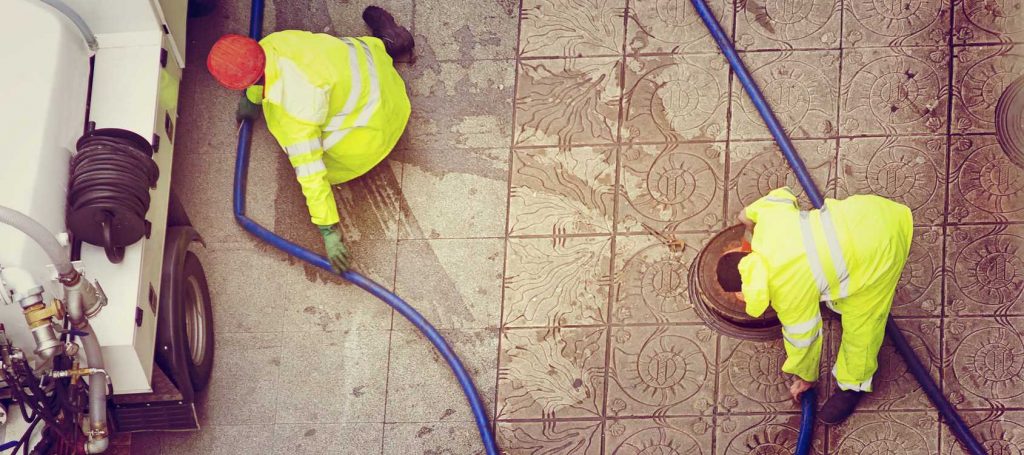City Implementing Grease Trap Inspections For Delaware Restaurants
A recent study showed extremely high levels of biocontaminants in Rehoboth Delaware’s stormwater system in the hours immediately following heavy rains. At the time, city officials questioned the source of the bacteria, because the state’s ocean monitoring system wasn’t showing those same high levels of bacteria in the ocean waters immediately offshore.
It was later revealed that pumps designed to remove the first inch of Rehoboth Avenue’s dirtiest stormwater to the city sewer system had not worked for at least two years. Those pumps were recently replaced.
Now, city officials have conceded that annual restaurant grease trap inspections and best cleaning practices education haven’t been conducted for at least two years – the same period during which the pumps hadn’t worked.
The news that the city hadn’t been conducting the grease trap inspections came at a commissioner workshop, during which City Manager Sharon Lynn, as part of her city manager’s report, said the city had conducted 32 inspections in the past three weeks.
Commissioner Richard Byrne asked if the inspection was an annual thing, or was it being done this year in response to the recent stormwater problems.
“Both,” said Lynn. “It is a response to the recent issues to stormwater, but because of manpower and staff time, it had not been in the past. We’re starting it back up.”
In a follow-up email, Lynn said there was never a decision to stop inspections, but they weren’t done regularly, nor was there a methodical review, which has now been implemented.
Rehoboth Public Works Director Kevin Williams, said he wasn’t sure why the city stopped inspecting restaurant grease traps, but he said they would happen annually going forward.
Williams said after the study was completed, officials developed a checklist of items to do going forward, and grease trap inspections are on that list. The study moved the inspections up on the priority list, he said.
Grease-trap maintenance is not something that is contributing to the problem, Williams said, because the traps are typically connected to the sanitary sewer, so whatever flows through them goes to the treatment plant.
The bacteria issue with restaurants, Williams said, is when they wash off their equipment and mats out back, and it runs into the storm drains. “That’s the stuff that flows to the storm vault at the end of Rehoboth Avenue,” he said.
Dennis Jeney has been a city code enforcement officer for roughly two years and is conducting grease trap inspections. He said that he didn’t know anything about the inspections until he was recently told to do them.
He said inspections take up to half an hour and involve checking restaurant records for who is cleaning the traps, how the old grease is disposed of and how often the trap is cleaned. He said, so far, the inspected restaurants have been on top of the recordkeeping.
Williams said this year the process will focus on educating restaurants about what they should be doing. He said there is now a formal logging sheet and a best cleaning practices list for restaurants to hang in the kitchen.
Williams said he isn’t aware of any other potential pollution sources that have gone unchecked because of staffing issues.
Looking forward, and despite now-regular cleanings of stormwater vaults and the annual grease trap inspections, Lynn said the building and licensing department has a full complement of staff. There is no plan to increase staffing during the next budget cycle, she said.
To prevent food solids from clogging up your grease trap and causing potential plumbing problems, consider installing The Drain Strainer. Invented by a former restaurant owner, The Drain Strainer is an effective and affordable commercial garbage disposal alternative.

